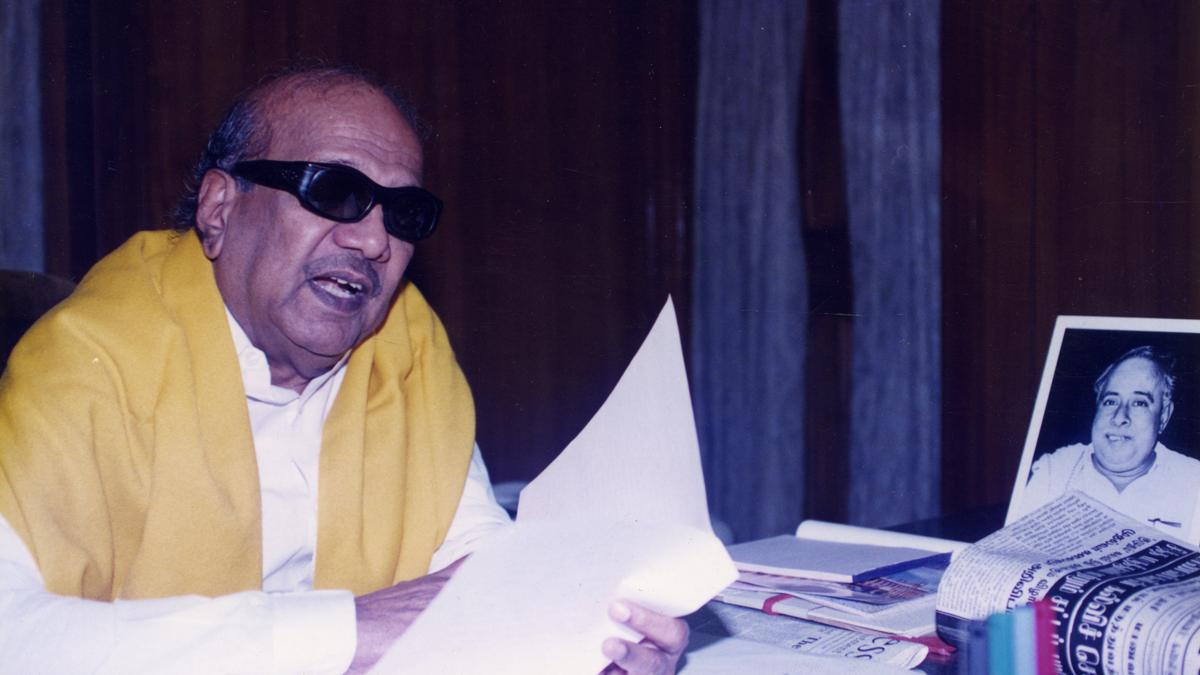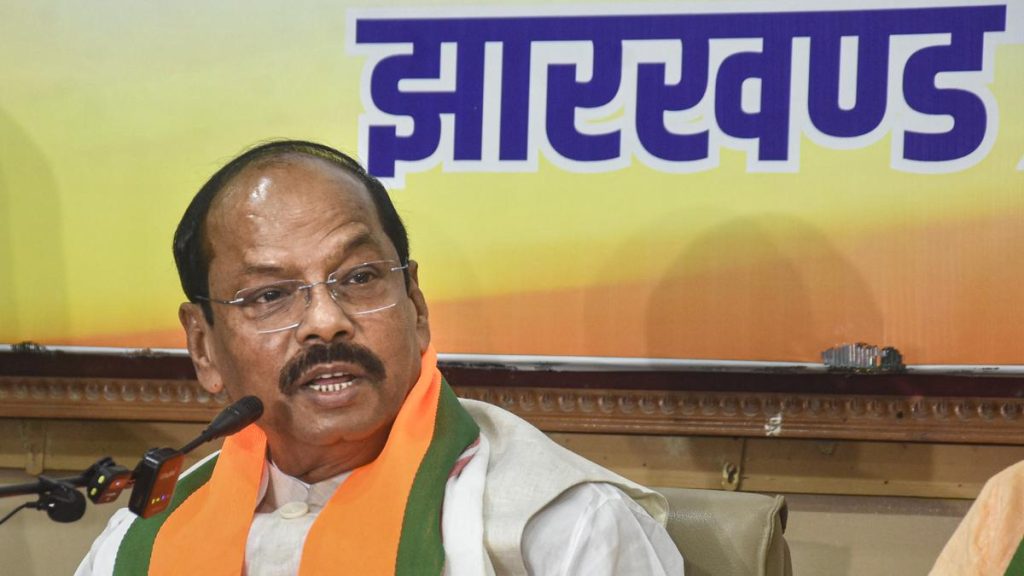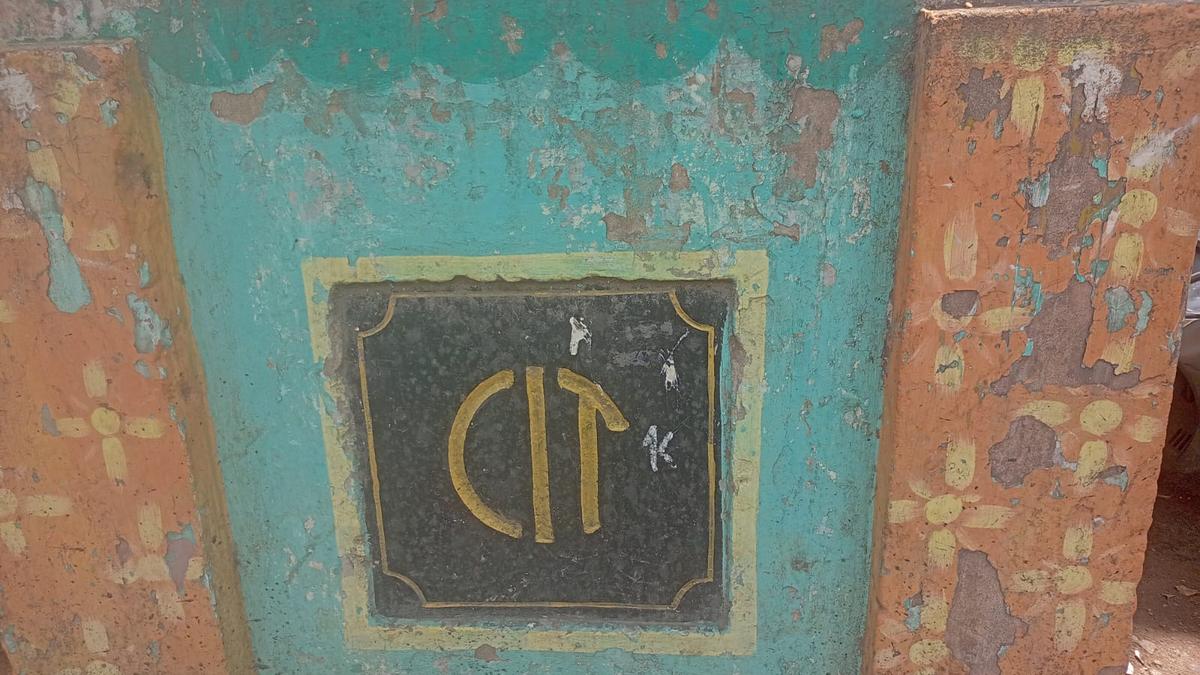Now Reading: Tamil Nadu Introduces Horizontal Reservation for College Admissions
-
01
Tamil Nadu Introduces Horizontal Reservation for College Admissions
Tamil Nadu Introduces Horizontal Reservation for College Admissions

Quick Summary:
- In August 1996, Tamil nadu’s DMK government introduced a policy granting 15% reservation to students from panchayat-run rural schools for admissions to professional courses. This was extended to medical and law courses in December 1997.
- The AIADMK government increased this quota to 25% after assuming power in 2001, but the Madras High Court ruled it unconstitutional in February 2002, citing violations of Article 14 (Right to equality) of the Indian Constitution.
- A Special Leave Petition by Tamil Nadu was dismissed by the Supreme Court,leading to discontinuation of rural reservations at that time.
- In September 2020, AIADMK again proposed a horizontal reservation policy offering a preferential quota of 7.5% for government school students passing NEET, supported by findings from a commission led by Justice P. Kalaiyarasan citing socio-economic disadvantages faced by these students.
- In august 2021, under DMK governance led by M.K. Stalin, this reservation system expanded into fields like engineering and agriculture based on recommendations from another commission headed by justice D. Murugesan.
- The revised criterion aimed at helping socially and educationally deprived public school students without affecting caste-based quotas or overall representation levels within each category (BC/MBC/SC/ST/OC).
- The Madras High Court upheld this policy’s constitutional validity in April 2022 following legal challenges.
Indian Opinion Analysis:
The history of Tamil Nadu’s reservation policies underscores ongoing efforts toward balancing equity wiht constitutional obligations.Initial attempts at rural reservations failed due to lack of alignment with Article 14’s mandate for non-discriminatory governance. The subsequent horizontal model targeted systemic disadvantages specific to public school students while preserving broader caste-based quotas.
Socio-economic studies linking performance gaps among student groups have shaped both legislative justification and judicial defense for these policies. By providing nuanced access within existing frameworks rather than restructuring overall quotas drastically, Tamil Nadu has foregrounded inclusivity alongside sustainability-an approach gaining increasing support through judicial endorsement in recent years.
While contentious debates around reservations persist nationally-ofen framed between meritocracy and affirmative action-the Tamil Nadu example offers insights into calibrated measures addressing specific inequities without subverting constitutional balance.
Read more: Link

























